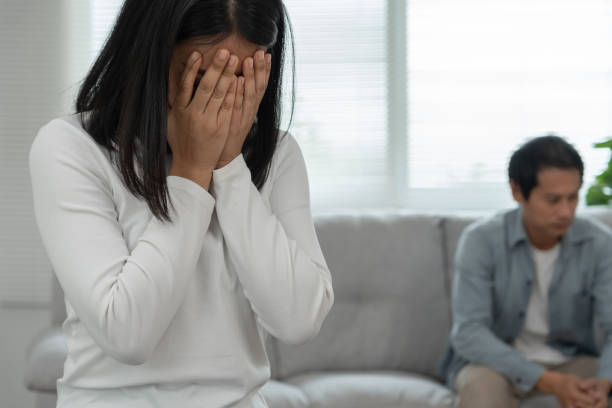Physical Address
304 North Cardinal St.
Dorchester Center, MA 02124
Physical Address
304 North Cardinal St.
Dorchester Center, MA 02124

Trauma leaves profound imprints on our lives, and for many, it affects our most intimate and vulnerable moments. For those living with post-traumatic stress disorder (PTSD), the ability to connect with a partner—physically, emotionally, or sexually—can feel daunting, perhaps even impossible. The echoes of trauma can make even the idea of closeness overwhelming as the body and mind work to protect against potential pain or harm. This experience is not a sign of weakness or failure but a deeply human response to enduring the unbearable.
Yet, understanding how trauma and intimacy intertwine is the first step toward reclaiming pleasure, connection, and healing. Acknowledging the weight of this struggle, honoring the courage it takes to face it, and seeking compassionate support can open the door to profound transformation. Healing may feel distant, but it is always within reach—and every step you take, no matter how small, is a testament to your resilience.
PTSD can develop after experiencing or witnessing a traumatic event, such as sexual assault, military combat, or childhood abuse. The symptoms often disrupt one’s ability to feel safe, trust others, and connect with their body. These disruptions ripple into every aspect of life, including sexual health and relationships.
The impact on sexual health is often multifaceted. Survivors may feel disconnected from their bodies, struggling to experience pleasure or even basic physical sensations without feeling triggered. Emotional intimacy can feel equally challenging, as the deep vulnerability required for connection may stir up fears of being hurt or betrayed again.
Sexual activity, which is meant to be a source of joy and connection, can instead become a source of anxiety, shame, or discomfort. For some, it might evoke intrusive memories or flashbacks of their trauma. It might be avoided entirely for others, as the fear of encountering these painful experiences outweighs the desire for connection.
It’s important to recognize that these responses are not signs of personal failing—they are protective mechanisms the brain and body have developed to navigate a world that once felt unsafe. This understanding provides a foundation of self-compassion, essential in the healing journey. Addressing the impact of PTSD on sexual health requires a holistic approach that attends to the mind, body, and heart, and creates space for survivors to explore what safety and connection mean for them.